In the dynamic world of digital marketing, digital marketers often create and distribute appealing content. Their expertise doesn’t just stop at pushing ads online; it’s about strategically weaving brand stories through tailored content, ensuring that each piece resonates with its intended audience.
Key responsibilities of a digital marketer:
- Strategizing and implementing digital campaigns
- Analyzing data to optimize for better engagement
- Collaborating closely with content creators for brand consistency
- Leveraging tools to enhance user experience and conversion rates

Speaking of tools, if you’re keen on maximizing CRO & UX, explore Plerdy. It’s a must-have for every digital marketer aiming to optimize web interactions 🖥️✨. Dive deep into the myriad roles of a digital marketer, and let’s unveil the magic behind successful online campaigns. 🚀🎯
Defining Digital Marketing
In the bustling digital landscape, a skilled digital marketer knows how to navigate various channels to elevate a brand’s standing. Content isn’t merely king—it’s the entire kingdom. Marketing campaigns spring to life through engaging blogs in the tech sector, snappy tweets in the fashion industry, or compelling how-to videos for DIY enthusiasts. A digital marketer knits together multiple strands of the internet to construct a cohesive strategy that resonates with target audiences.
- Mastering social platforms for consumer engagement
- Crafting pay-per-click ads that fuel e-commerce conversions
- Orchestrating viral video campaigns for edutainment platforms
- Analyzing data sets to refine luxury brand storytelling
The digital marketer operates at the intersection of creativity and analytics, sculpting online narratives while measuring the impact down to the last click. With a balanced blend of art and science, they not only set the digital stage but also orchestrate an unforgettable show.
What is Digital Marketing?

Digital marketing is the high-octane fuel driving today’s most impactful brand stories. Operating in a space where content and technology collide, a digital marketer orchestrates campaigns that seize eyeballs and trigger mouse clicks. In the fitness industry, they jazz up Instagram with workout reels that inspire and educate. In the travel sector, they craft compelling itineraries to make you swap your office view for a tropical sunset. For tech companies, they decode jargon-laden specs into must-read LinkedIn articles.
- Deploying user-generated content to bolster e-commerce sales
- Teaming up with influencers to unveil the latest beauty products
- Leveraging podcasts to shed light on financial literacy
- Fine-tuning email campaigns for B2B lead generation
Digital marketing is where storytelling gets quantifiable, where creativity shakes hands with data. It’s not just about making noise; it’s about making an impression that sticks and actions that count. This complex tapestry stitches together various threads, from content creation to customer journey mapping, to create an unmissable digital spectacle.
Differentiating Between Traditional and Digital Marketing
Traditional marketing is like a grand Broadway play—every word, step, and note meticulously rehearsed and staged. The spotlight shines, but only for those who can afford the ticket. Digital marketing, on the other hand, is the Netflix of the industry—accessible, dynamic, and custom-tailored. A digital marketer crafts messages that don’t just shout but also listen, turning monologues into dialogues.
- Billboards for a luxury car brand vs. targeted Instagram Stories for an eco-friendly vehicle
- Mass-mailed catalogues for a department store vs. personalized e-commerce recommendations
- Primetime TV spots for pharmaceuticals vs. educational YouTube series on wellness solutions
While traditional marketing relies heavily on one-way communication, digital marketing fosters interaction. Digital content doesn’t just sit there; it invites clicks, shares, and comments. In essence, traditional marketing erects billboards; digital marketing builds bridges. The latter doesn’t just aim to catch your eye—it seeks to captivate your heart and open your wallet, all while quantifying every interaction to fine-tune future efforts.
Key Roles of a Digital Marketer
In the ever-evolving landscape of the digital world, the roles of a digital marketer are paramount. A proficient digital marketer dives into the intricacies of online marketing strategies to spearhead compelling campaigns. They harness digital tools to optimize brand presence and foster engagement.
Key responsibilities include:
- Crafting digital marketing plans to amplify brand awareness
- Analyzing online metrics to refine marketing tactics
- Leveraging social media platforms for targeted marketing endeavors
- Cultivating relationships through email marketing campaigns
For instance, consider a brand introducing a revolutionary digital tool. The marketer’s role? Ensure the tool seamlessly integrates into the marketing strategy, maximizing its potential. Thus, the prowess of a digital marketer lies not just in mastering marketing techniques, but in weaving them into the fabric of the brand’s digital narrative.
Strategizing and Planning Digital Campaigns
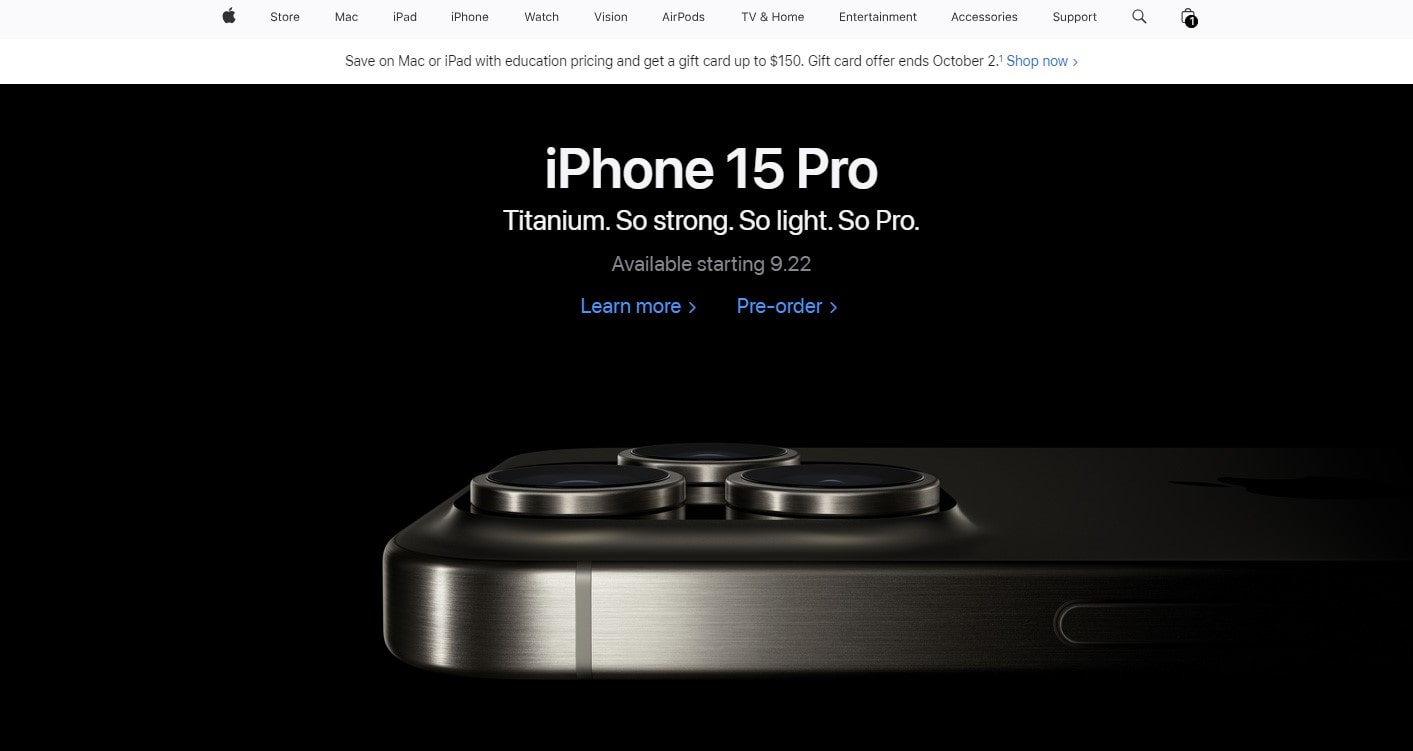
In the digital marketing theater, strategizing and planning digital campaigns are the script and rehearsal before the curtain rises. Digital marketers map out the customer journey like a gripping plot twist, keeping audiences at the edge of their seats. Take the health and wellness sector, where marketers light up YouTube with fitness challenges that not only inform but also entertain. In the auto industry, they activate email campaigns that make electric cars irresistible, not just sustainable.
- Syncing Twitter polls with sports events to drive engagement for athletic wear brands
- Cultivating a month-long influencer partnership to push sustainable fashion into mainstream conversations
- Synchronizing seasonal Spotify playlists with a boutique hotel’s vibe to boost bookings
It’s a choreographed dance of content, channels, and consumer touchpoints. Digital marketers set the rhythm, guide the steps, and ensure everyone twirls in harmony to the brand’s tune.
Managing and Optimizing Online Advertising
Managing and optimizing online advertising is the art of turning clicks into conversions and browsers into buyers. A digital marketer fine-tunes pay-per-click ads to capture niche audiences, like pet owners who swear by organic kibble or gamers yearning for the next-gen console.
- Refining Facebook ad targeting for a niche indie book publisher
- A/B testing Google Ads to hike subscription rates for a streaming service
- Mastering Snapchat filters to create buzz around a music festival
Online advertising isn’t a set-and-forget operation; it’s a dynamic canvas that a digital marketer constantly adjusts. By continually analyzing performance metrics and iterating content, they ensure that marketing dollars don’t just generate noise but sing a tune that resonates with audiences.
Overseeing Social Media Strategy and Content
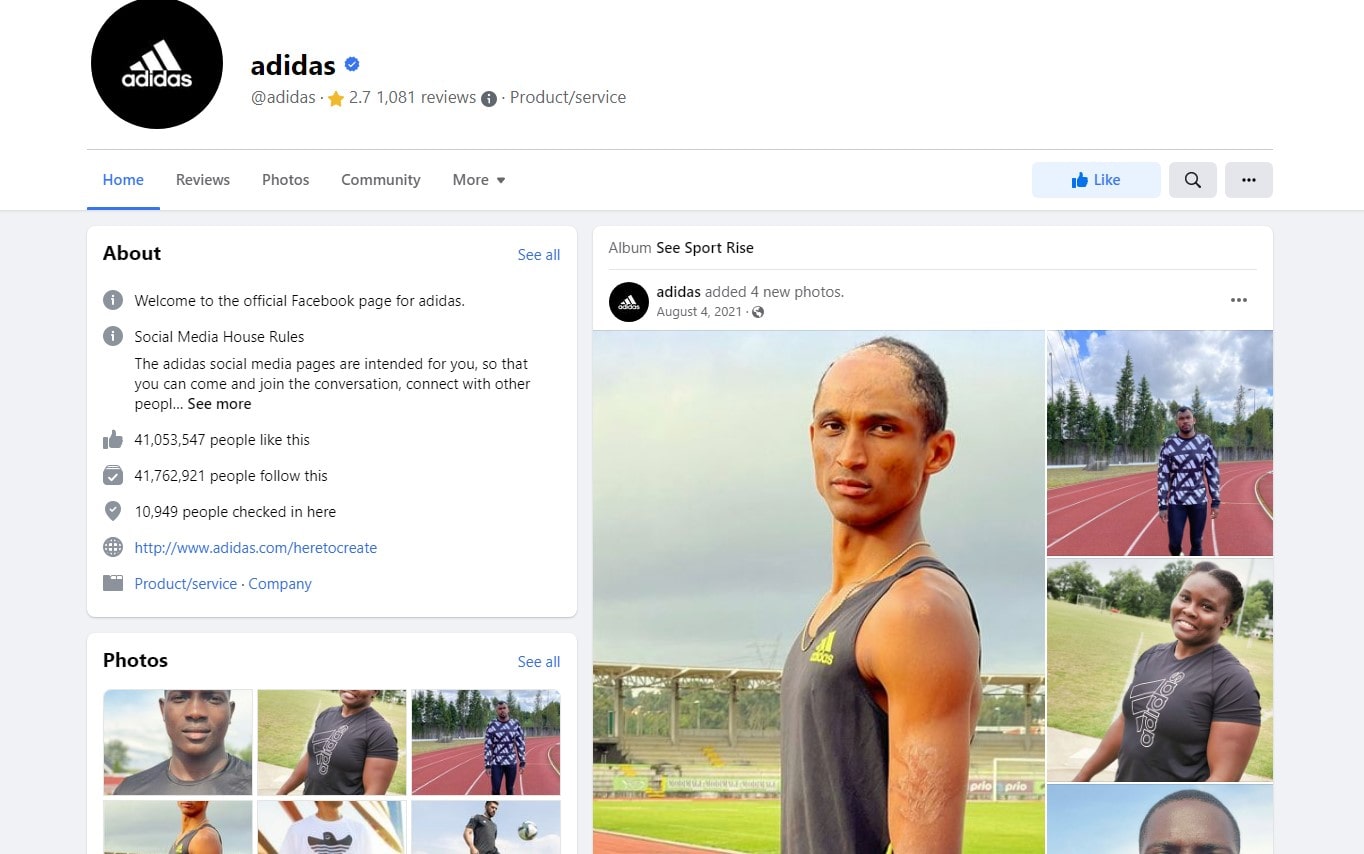
In the digital age, a marketer’s responsibility extends beyond traditional marketing — it delves deep into digital territories like social media. By shaping and rolling out digital marketing initiatives, a savvy marketer ensures a brand’s voice remains consistent and influential. A key element of this role is to oversee social media strategy and content.
Core tasks involve:
- Curating digital content that resonates with the target audience
- Mapping out marketing strategies for platform-specific engagement
- Monitoring feedback to tweak digital campaigns in real-time
- Collaborating with influencers to amplify digital reach
Imagine a boutique launching its new summer collection. The digital marketer pulls in traffic by crafting captivating posts, engaging stories, and leveraging data-driven tools for content optimization. Such precision transforms casual browsers into loyal customers.
Analyzing and Interpreting Digital Metrics
Navigating the maze of digital metrics isn’t just number-crunching; it’s a quest for insights that propel strategies to uncharted victories. The digital marketer dissects Google Analytics like a food critic savoring a Michelin-star dish, deriving flavors and nuances that enrich the entire marketing recipe. In the realm of luxury travel, they comb through engagement rates to pinpoint which exotic destinations trigger wanderlust among their affluent audience.
- Deploying heat maps to ascertain which e-commerce product images enthrall viewers in the fast-fashion sector
- Breaking down click-through rates for email newsletters in the organic food market
- Assessing dwell time and bounce rates for how-to articles in the DIY home improvement niche
By translating data points into actionable wisdom, they calibrate content, tweak campaigns, and revise strategies. They turn numbers into narratives, ensuring that every digital maneuver strikes a chord with its intended audience.
Core Skillsets of a Digital Marketer
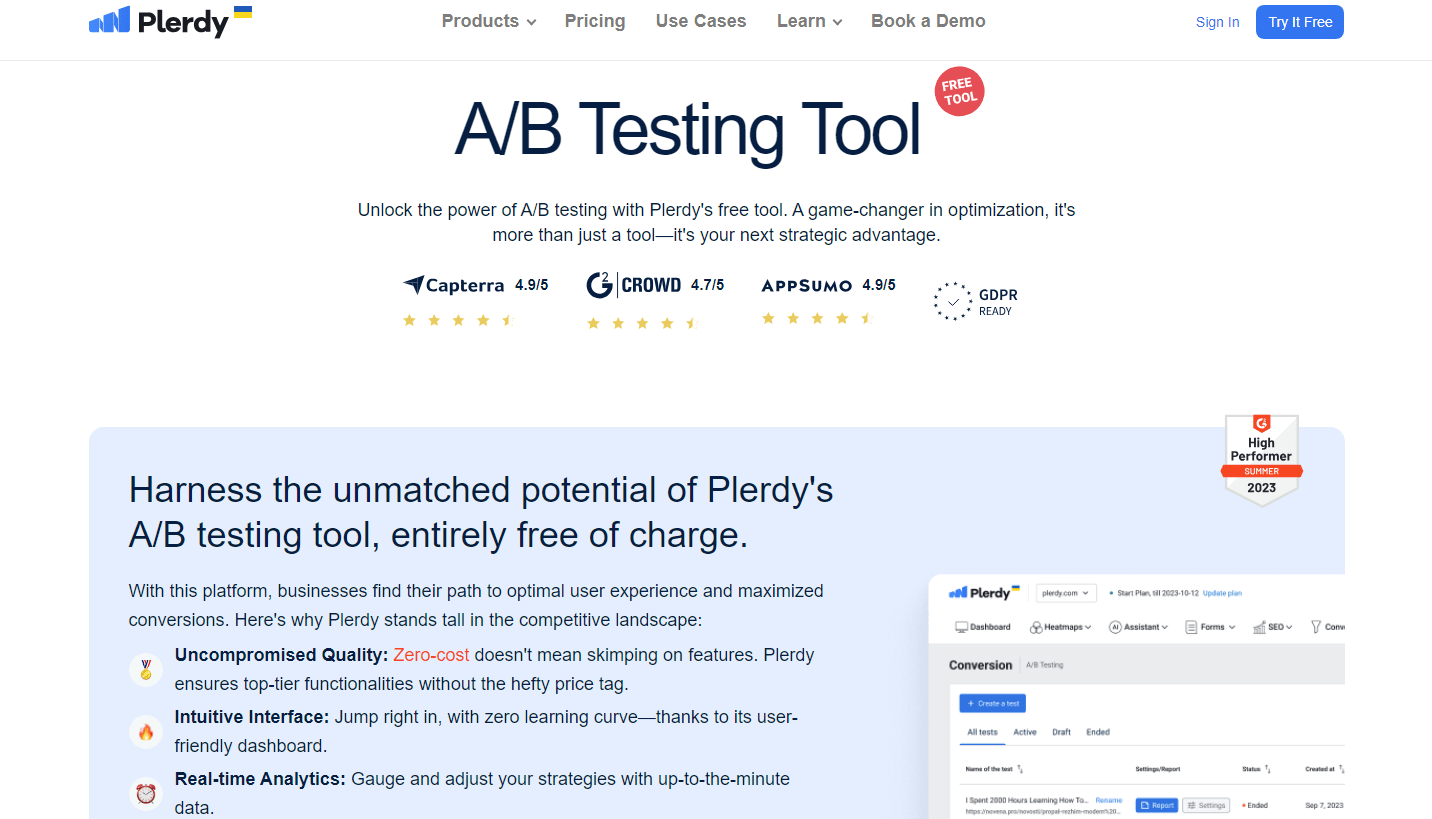
In the fast-paced digital landscape, a marketer’s skillset needs to be as versatile as a Swiss Army knife. Mastering a blend of tech-savvy and creative prowess, these professionals excel in:
- Crafting compelling content that sparks engagement, from tech blogs to artisanal food videos
- Implementing marketing automations that personalize consumer experiences in the fitness industry
- A/B testing ads to gauge their efficacy in driving luxury car sales
- Leveraging social listening tools for real-time brand sentiment analysis in the beauty sector
By syncing these skills, digital marketers craft multi-faceted campaigns that resonate deeply, turning casual clicks into devoted customers. They deftly pivot from analytics dashboards to creative brainstorming sessions, keeping the pulse of ever-shifting consumer needs.
Understanding of Digital Platforms and Tools
Digital marketers navigate a labyrinth of platforms and tools to execute flawless campaigns. This isn’t one-size-fits-all; it’s a dynamic process tailored to each industry, be it fashion, hospitality, or SaaS. Mastery here involves:
- Syncing CRM systems for precise, data-driven customer interactions in healthcare
- Utilizing graphic design software to conjure eye-catching visuals for eco-friendly products
- Harnessing email marketing platforms to elevate B2B connections in software services
- Deploying social media scheduling tools to keep the engagement engine humming in fast food franchises
Unveiling the full potential of each platform, digital marketers deftly toggle between tools to create an integrated marketing ecosystem. This enables them to orchestrate campaigns that engage, convert, and sustain relationships—harmonizing tech capabilities with consumer aspirations.
SEO (Search Engine Optimization) Expertise
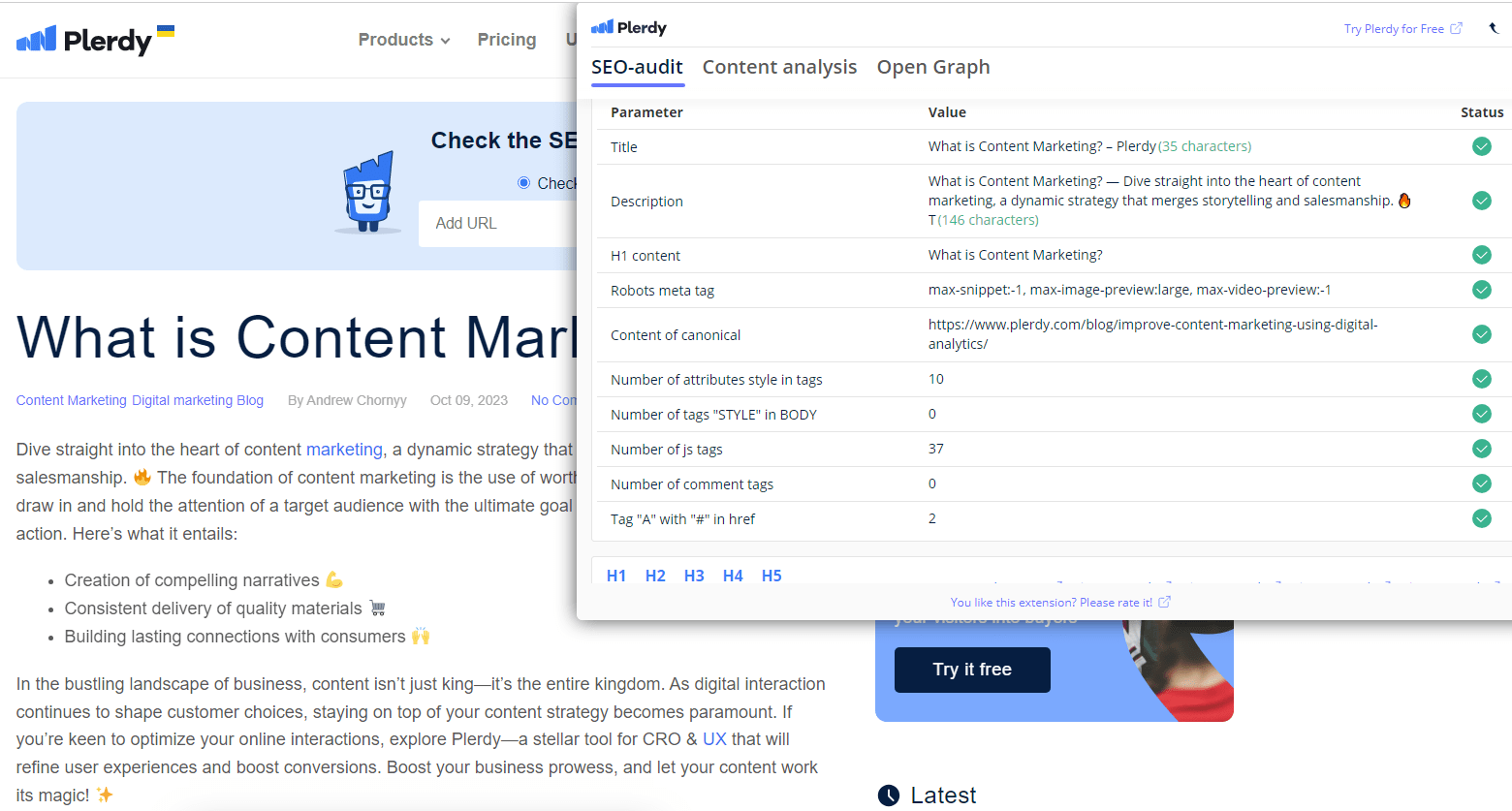
SEO isn’t just about keywords; it’s a complex orchestra of strategies that every savvy digital marketer should master. These experts dive into:
- Crafting meta descriptions that compel clicks for travel blogs
- Building internal linking structures to elevate e-commerce user experience
- Curating high-value backlinks for local bakeries to rise in local search
- Navigating schema markup to optimize event listings in the entertainment sector
Digital marketers maneuver through algorithmic nuances to ensure content resonates not only with human curiosity but also with search engine logic. This twofold focus drives organic traffic, feeds the conversion funnel, and boosts brand credibility. Dexterity in SEO lets marketers create content landscapes that both inform and engage—turning searchers into consumers, clicks into interactions, and queries into lifelong connections.
Data analytics and Performance Measurement
Harnessing data analytics and performance measurement, a digital marketer elevates content and marketing strategies to gold standards. Precise metrics empower:
- Identifying optimal posting times for social media campaigns in the fast food sector
- Monitoring user engagement in real-time for fitness apps to adjust UI/UX elements
- Benchmarking e-mail open rates for luxury retailers, fine-tuning subject lines for maximized impact
- Employing A/B tests in SaaS to tweak landing pages, spiking conversion rates
With a tight grip on analytics tools, digital marketers drill down into granular data, extract actionable insights, and pivot strategies for evergreen relevance. They stitch together intricate data points, marrying the user journey to business goals—transforming clicks into revenue, impressions into brand equity, and data into a dynamic roadmap for sustained growth.
Content Creation and Curation Abilities

In the ecosystem of digital marketing, content creation and curation form the nucleus of a marketer’s toolkit. They craft compelling narratives and funnel them into various formats:
- Educational blog posts for organic skincare companies to establish authority
- Viral memes for pet supply retailers that set social media ablaze
- Data-driven infographics in finance niches, synthesizing complex data into digestible formats
- User-generated playlists in music apps, offering an immersive customer experience
By churning out tailor-made content, digital marketers snag audience attention and then steer them smoothly through a conversion pathway. The key isn’t just generating content—it’s about cherry-picking the most resonant messages and weaving them into a broader marketing tapestry. In short, a digital marketer who masters content creation and curation becomes an architect of consumer engagement.
Digital Marketing Channels
Digital Marketing Channels serve as the arteries that pump life into a brand’s online identity. In these conduits, the marketer circulates high-impact content that resonates with target audiences:
- Podcasts for tech aficionados, discussing the latest software hacks
- Email campaigns for organic food subscribers, doling out exclusive recipes
- Interactive webinars for aspiring writers, breaking down the nuances of storytelling
- Social Media polls for fitness enthusiasts, crowd-sourcing workout tips
Harnessing the right channels, savvy marketers fine-tune their marketing strategies, enabling them to captivate their audience with precision. Whether it’s ramping up engagement metrics or driving revenue, the judicious selection and deployment of these channels can make or break your digital marketing outcomes.
Email Marketing

In the hands of a skilled digital marketer, email marketing transforms from mere outreach into a powerhouse of customer engagement. Not just another channel, it serves as a targeted stage for your brand’s content to shine:
- Autoresponders for fitness enthusiasts, delivering daily workout routines
- Newsletters for food bloggers, dishing out mouth-watering recipes each week
- Flash Sales for tech-savvy consumers, dropping unbeatable deals right into the inbox
- User Surveys for eco-conscious individuals, gathering insights to fine-tune sustainable practices
Marketers harness the subtleties of this digital conduit to build brand loyalty and drive conversions. Utilizing compelling CTAs, stellar designs, and personalized content, they not only catch eyes but also sustain attention—turning subscribers into avid followers and, ultimately, raving fans.
Social Media Platforms (e.g., Instagram, Facebook, LinkedIn, Twitter)
Navigating the bustling corridors of social media platforms, the savvy digital marketer adapts and excels. Adept in content creation and marketing strategies, they leverage each platform’s unique strengths:
- Instagram for fashion influencers, showcasing a visual buffet of the latest trends
- Twitter for cryptocurrency buffs, sharing minute-by-minute market updates
- LinkedIn for career coaches, publishing thought leadership articles to engage a professional audience
- Facebook for local restaurants, spotlighting daily specials to cultivate a community of foodies
By meticulously tailoring content to the needs and behaviors of target audiences, marketers amplify reach and drive authentic interactions. In this digital landscape, they wield platform-specific analytics, savvy ad campaigns, and vibrant multimedia content to elevate brand stories and forge meaningful relationships.
SEO and SEM (Search Engine Marketing)
In today’s digital landscape, the prowess of a marketer is tested through their proficiency in SEO and SEM. Digital marketing strategies pivot around these techniques, ensuring brands shine in search engine results. A competent digital marketer leverages these digital tools, driving organic traffic while optimizing paid ad placements.
Key aspects include:
- Implementing digital keywords to bolster website visibility
- Crafting compelling ads for SEM campaigns
- Monitoring and adjusting marketing spend for optimal ROI
- Employing innovative tools to audit and enhance site performance
For a vivid illustration, imagine a niche coffee brand desiring to corner the market. The marketer harnesses the power of SEO tools, zeroing in on trending coffee terms, and then dovetails this with an SEM strategy — perfectly bidding for prime ad spots. This dual approach ensures the brand remains top of mind and click.
The Digital Marketing Funnel
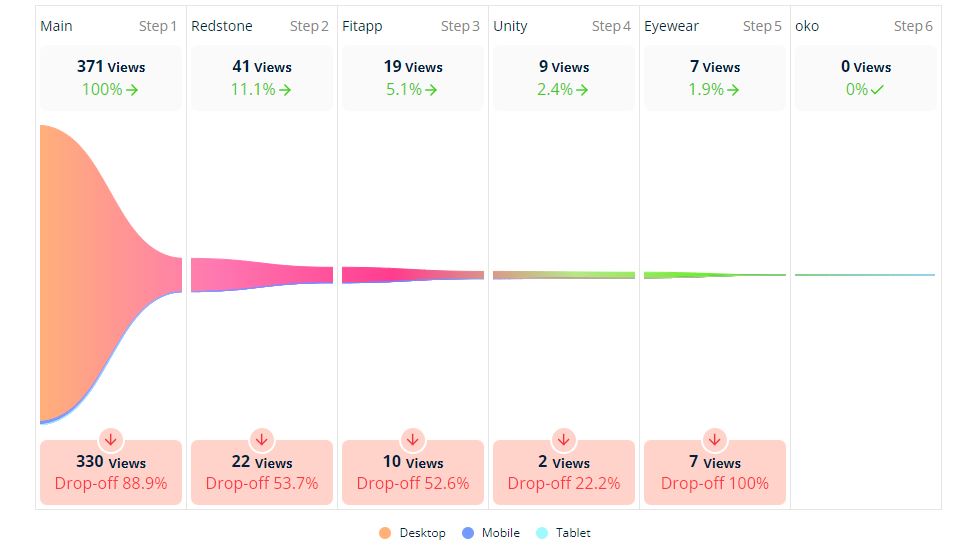
Navigating the digital marketing funnel can feel like choreographing a complex dance. Let’s break down how expert marketers move audiences through stages:
- Awareness: Blog posts to introduce eco-friendly cleaning products.
- Consideration: Video testimonials for luxury car models.
- Conversion: Time-sensitive discount codes in email marketing for athletic wear.
Marketers execute tailored content strategies at each stage to prompt action. These pros skillfully guide the user journey, ensuring a seamless flow from curiosity to conversion. Utilizing a spectrum of digital tools, they measure performance and iterate. In a nutshell, the digital marketing funnel isn’t just a series of steps; it’s a dynamic narrative crafted by marketers, unfolding in real-time.
Awareness Stage: Attracting Potential Customers
In the expansive journey of digital marketing, the awareness stage plays a pivotal role. This phase is where a digital marketer crafts strategies to draw in curious eyes. Through meticulous digital tactics, they pull potential customers into the brand’s narrative. Effective marketing tools become the marketer’s ally in this endeavor.
Key strategies comprise:
- Deploying digital content that resonates with initial interests
- Harnessing marketing analytics to gauge initial touchpoints
- Collaboratively working on digital campaigns for maximum reach
- Employing tailored tools to capture and engage the right audience
Picture a fledgling artisanal bakery. The digital marketer, using a blend of captivating stories and enticing visuals, sparks interest in those unaware of this bakery gem. Through well-curated marketing campaigns, the aroma of fresh bread becomes impossible to resist, luring in a throng of new patrons.
Consideration Stage: Engaging and Educating the Audience
As a brand’s narrative unfolds, the consideration stage emerges as a vital juncture. A digital marketer at this phase delves deeper, fostering genuine connections with prospects. The essence of marketing here is to educate, engaging potential customers with richer, value-driven content.
Focused tactics include:
- Rolling out digital webinars and tutorials for product insights
- Amplifying marketing campaigns with testimonials and case studies
- Utilizing digital tools to segment and target audience interactions
- Crafting compelling narratives that address specific audience pain points
Imagine a sustainable fashion brand. The marketer unveils behind-the-scenes glimpses into eco-friendly processes, effectively educating their audience. Through such insightful marketing strategies, potential buyers transition from mere curiosity to a deeper appreciation and affinity for the brand’s ethos and offerings.
Conversion Stage: Turning Leads Into Customers
![]()
In the intricate dance of digital marketing, the conversion stage holds a spotlight. This pivotal moment is where a digital marketer’s skill truly shines, transforming intrigued prospects into committed customers. The marketing tactics employed must resonate, addressing both desires and reservations.
Essential steps for this phase:
- Implementing digital tools for seamless checkout experiences
- Crafting targeted marketing messages that reassure and persuade
- Offering digital incentives or promotions to tip the balance
- Monitoring and adapting to real-time feedback for marketing refinement
Take an artisanal coffee shop. By leveraging a digital tool that recommends blends based on user preferences, the marketer facilitates personalized experiences. Paired with marketing campaigns that emphasize unique flavors and community stories, they’ve carved out a space where casual visitors evolve into loyal patrons, eagerly sipping their perfectly curated brews.
Conclusion
Navigating through the maze of digital marketing, it’s evident that the role of a digital marketer is both versatile and pivotal. This multifaceted profession demands expertise in crafting riveting content, setting achievable marketing goals, and orchestrating campaigns that resonate. Drawing on insights, digital marketers excel in leveraging data to drive marketing strategies that hit the bullseye. It’s not just about pushing content out there—it’s about orchestrating an interactive experience that captivates your audience.
Roles that digital marketers often specialize in:
- Managing online campaigns from the backend, efficiently tracking results.
- Applying Data Analytics for informed decision-making.
- Personalization and user experience engineering to elevate site performance.
- Team collaboration to ensure a coherent and powerful brand message.
📈💡For those hungry to refine their strategy even further, don’t overlook Plerdy’s SEO & UX analysis tool. This potent software will provide an extensive, no-nonsense evaluation of your site’s current standing and recommend ways to optimize. Time to upgrade your arsenal and become the digital marketer that companies are eagerly hiring for. Scale your impact, elevate your game, and achieve those elusive marketing goals.🎯🚀
